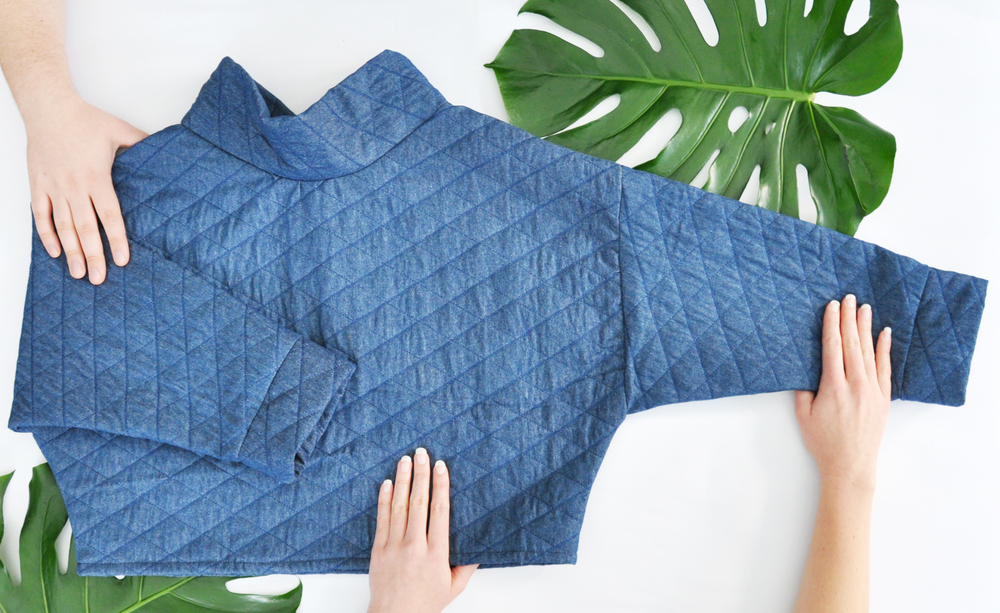Custom made is a term typically associated with expensive light fittings and birthday cakes. But with the rise of the much-discussed “slow fashion” movement, independent brands are increasingly incorporating custom made and made-to-order services into their off-the-rack ranges. It’s a different take on personalization: unlike seeing a Saville Row tailor or putting your name down for a Birkin, this an accessible level of investment that appeals to Gen-Y awareness.
In fashion we’re increasingly choosing to buy less, but to buy smarter and invest in personal pieces with a focus on high quality, locally designed and manufactured products. It’s less about an it item, and more about having something no one else does. In doing this we’re not only spending our own money more wisely, but also are consciously removing ourselves from the mass producers whose manufacturing origins are ethically dubious.
In a post GFC world there’s an extra level of prestige granted to independent labels who are able to offer a more personalized service. Stylish girls go mad for independent clothing label Kuwaii, who in 2011 launched a customizable footwear range to much fanfare. “We have an amazing relationship with our manufacturer where we can actually purchase a one-off item, which is pretty much unheard of,” says designer Kristy Barber. “So for us to be able to offer one-off pairs seems incredibly special.”
While Kuwaii footwear is not completely bespoke, the label allows the consumer a huge say in the shoe’s final appearance. Customers pick a style from the label’s archive before selecting their preference of leathers and finishes. The result is an individual offering that feels unique but doesn’t create the cost or labor stress of a fully custom-made item that a small label would struggle to accommodate. It’s what Barber refers to as a “customised service within a controlled framework”.
Artist and designer Annie Wu of Articles operates on similar grounds. Her label forgoes traditional fashion seasons, instead providing an ongoing archive of clothes to choose from on a made-to-order basis. Wu says one of her primary aims is to eliminate waste: “Article only produces what is ordered at any time. Most garments are constructed once an order is placed and this can happen until the fabric runs out at which stage we terminate the style.
For less established lables who are starting out, made-to-order also offers a cost effective safety net for small teams to feel out consumer interest without committing to huge production numbers. Perth label Girls Who Chat operates as a web store selling a small range of made-to-order items. Fellow rookie RMIT fashion graduate Hannah Canham took the same path for her label. It’s a rationale that works well for both the designer and buyer: there’s no monetary or environmental cost blowout from unsold garments and buyers can rest assured they’re receiving a special item they won’t see out every Friday night.
“I hope that over time, the commissioned garments rise in value, as opposed to the value of fashion in most cases as it falls dramatically after they are worn,” says Wu of her custom collaborations. “I like the idea of my work being in the private collections of clothes collectors, that’s quite a privilege.”
Neither Kuwaii nor Article actively market themselves for their environmental ethos, but they don’t have to: their wearers recognise the larger social values behind supporting these unique labels. Wearing custom made or a piece from a niche label is about the unique pleasure of knowing where your clothes came from, and the person who created something special just for you. After all, it’s hard to grow apathetic to your clothes when you know they were made just for you.
Credits
Text Emma Do
